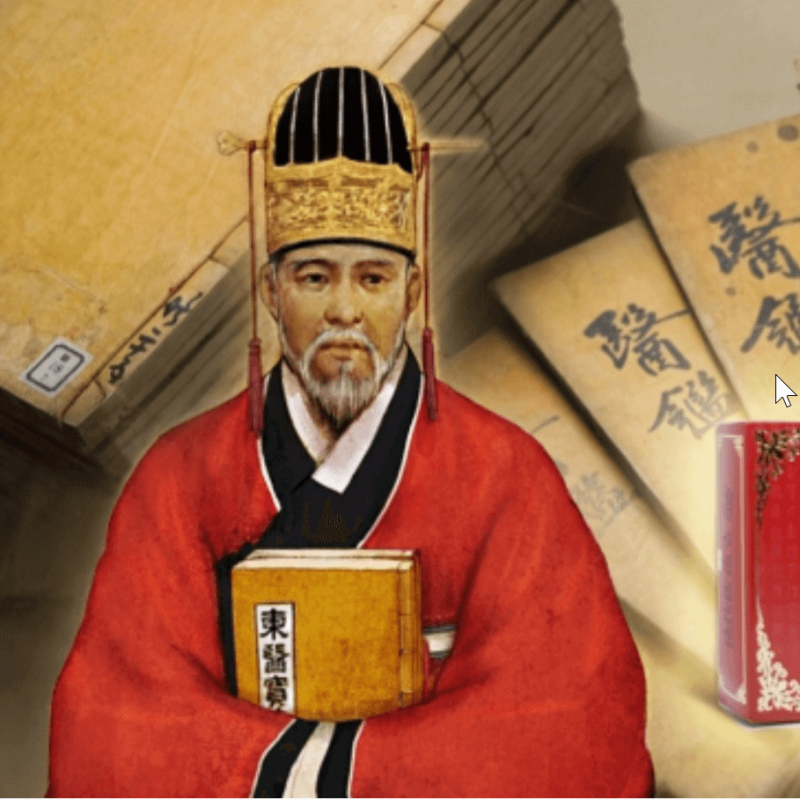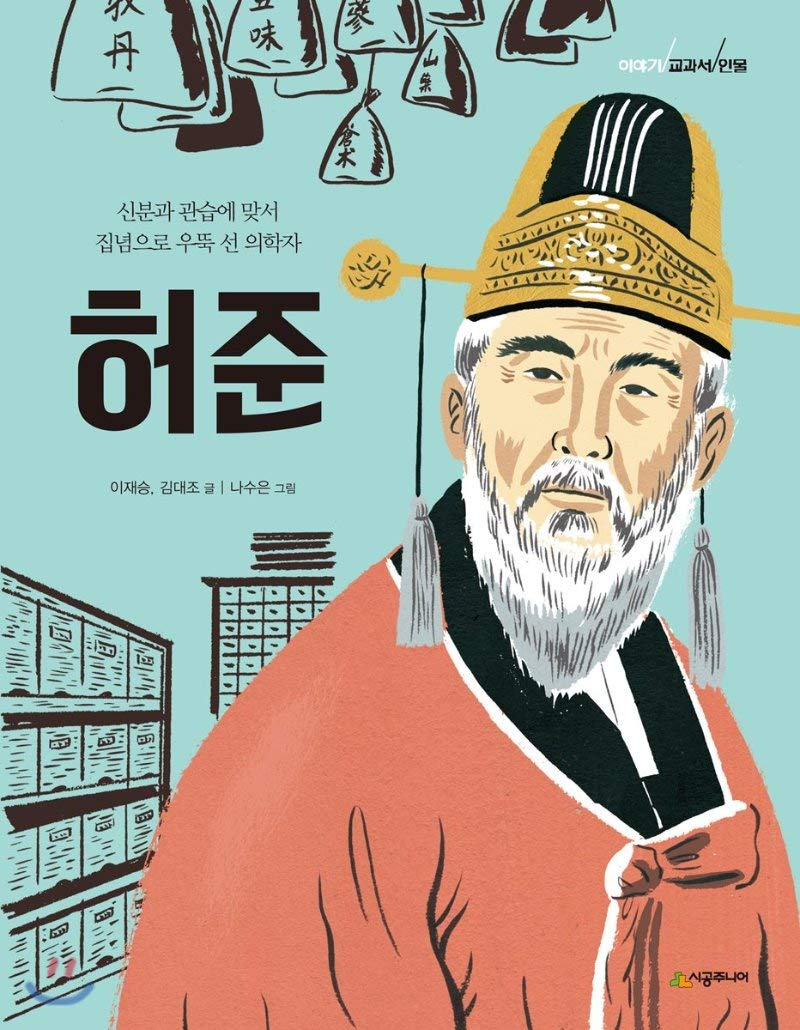Heo Jun
Heo Jun (허준) was a Korean physician who lived from 1546 to 9 October 1615. During the reign of King Seonjo of the Joseon Dynasty in Korea, he was the court physician of the Yangcheon Heo clan.
At the age of 29, Heo Jun was appointed as a court physician. He wrote a number of medical texts, but Dongui Bogam (lit. "Mirror of Eastern Medicine") is widely regarded as the defining text of traditional Korean medicine. The work spread to East Asian countries such as China, Japan, and Vietnam, where it is still considered a classic of Oriental medicine. Although Heo Jun worked extensively with the royal family, he placed a strong emphasis on making treatment methods accessible and understandable to the general public. Rather than using rare and expensive ingredients to increase the perceived value of treatment, he discovered natural herb remedies that were easily accessible to commoners in Korea and were just as effective. Furthermore, he used simple hangul letters to write the names of the herbs rather than the more difficult hanja (Chinese characters) that most people did not understand.
Even today, Koreans recognize Heo Jun's name and accomplishments. Koreans continue to use Heo Jun's natural remedies found in his Dongui Bogam.
Birthdate: 1546
Birthplace: South Korea
Died: October 9 1615












